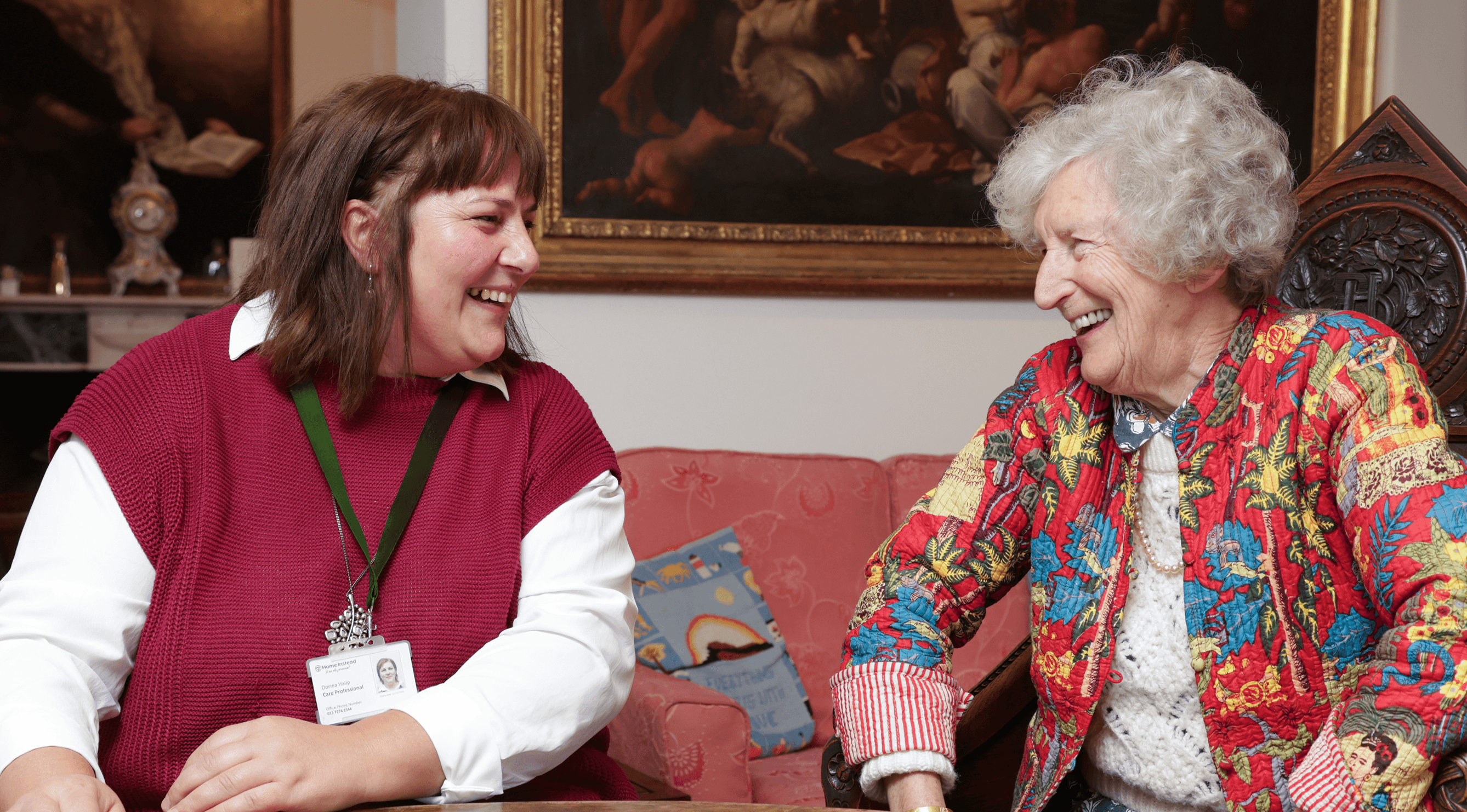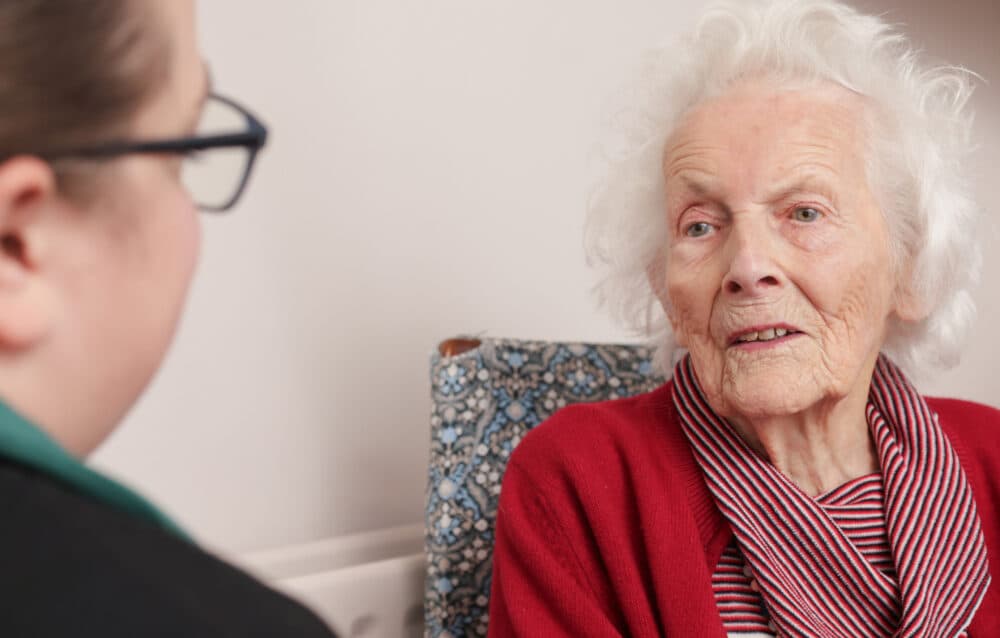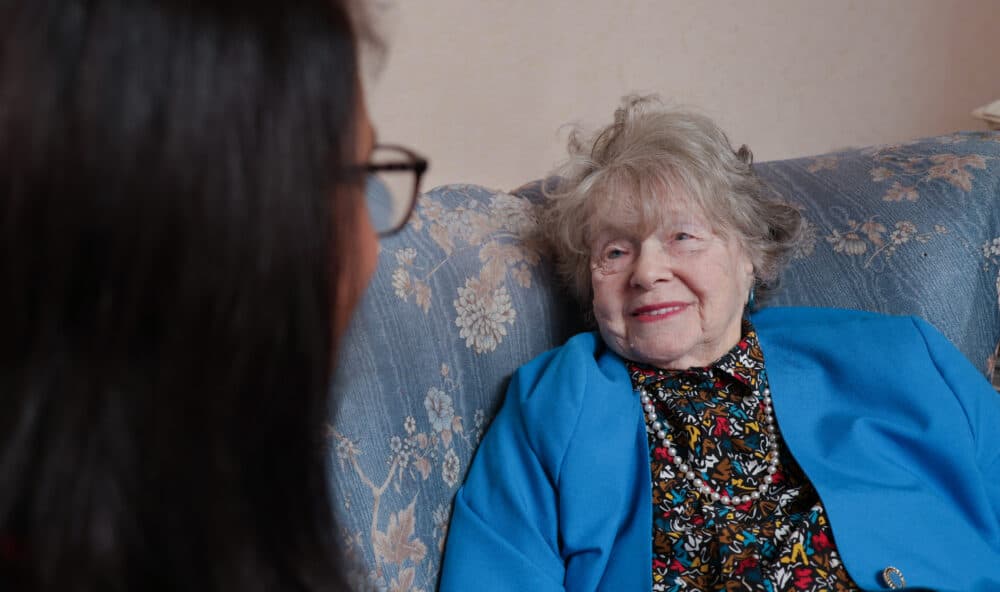Mental Health Support in Later Life

Mental health challenges don’t just belong to youth—and yet, for too many older people, the support just isn’t there. The statistics are stark: nearly one in four older men and over one in four women aged 65 and over live with depression. And heartbreakingly, 85% of those living with depression receive no help at all from the NHS according to Mental Health.org.
It’s not just depression. Dementia—another major factor in later-life mental health—is rising globally. Around 44 million people live with dementia today, a figure expected to double by 2030, with costs in the UK alone topping £26.3 billion.
But statistics don’t tell the whole story. Behind each number is a real person with a rich life history, a family doing their best, and a daily routine that can be full of joy if the right support is in place.

At Home Instead Wimbledon and Kingston, we know that mental wellbeing is just as important as physical health—and that good care means paying attention to both. That’s why our Companionship-led care focuses not just on what someone needs done, but on how they feel while it’s happening. Whether we’re supporting someone to get dressed in the morning, sharing a meal and a chat, or walking to the local park together and supporting resilience.
Community Joy: Singing, Socialising and Support
We’re also huge believers in the power of local groups to boost wellbeing. Two we regularly recommend to families are:
- Love to Sing – This brilliant, joy-filled singing group brings laughter, music and memory together in a way that’s simply infectious. Whether your loved one remembers all the lyrics or just hums along, the emotional boost is undeniable. You can see a little of the magic here on their Facebook.
- Merton’s Memory Café – Hosted at Wimbledon Community Association, this warm and welcoming dementia café offers not only refreshments and support but creative activities, music sessions and even chats about local history. It’s a safe space where people with dementia—and their carers—can enjoy a change of pace and connect with others who truly understand. Find out more here.
We also recently explored more dementia-specific support services in our area in this blog: Read it here.

The Role of At-Home Support
Whether someone is facing depression, anxiety, or early-stage dementia, being in familiar surroundings with trusted, compassionate support can make an enormous difference. Our Care Professionals offer more than just help—they bring consistency, encouragement, conversation and friendship into the home. That connection often becomes a lifeline.
So, if you’re wondering how best to support an older family member who seems low, isolated or unsure of themselves, know that you don’t have to do it alone. Help is available—and it can start with something as simple as a conversation.
